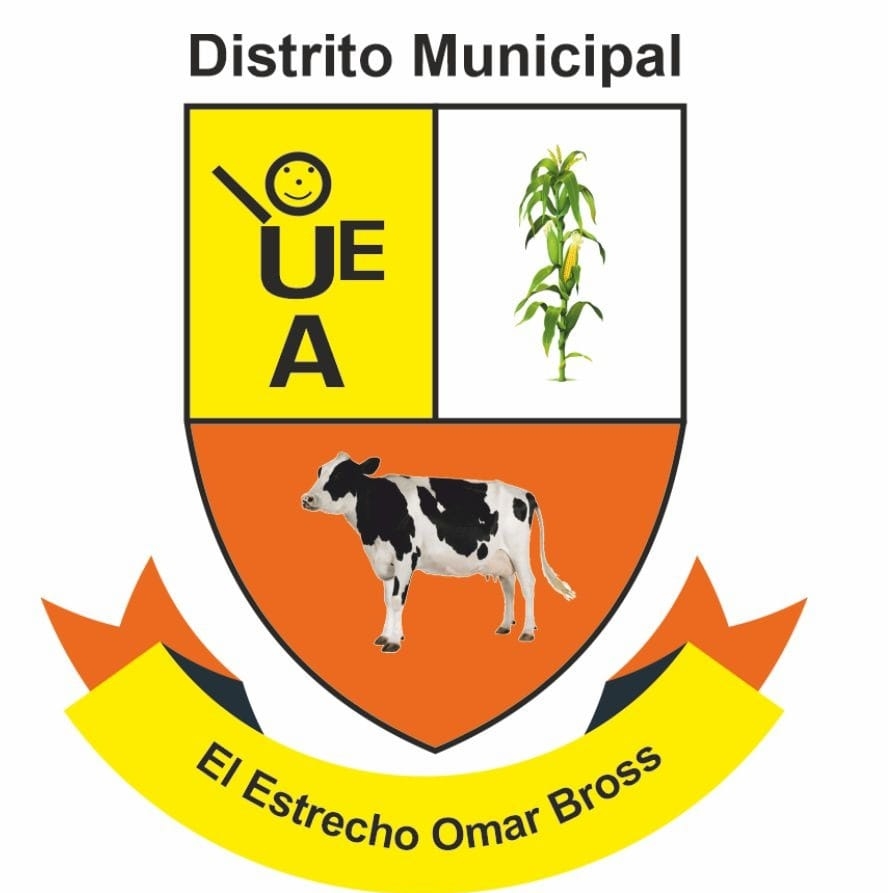In the rapidly evolving landscape of online gambling, players increasingly rely on user feedback and security measures to judge the trustworthiness of casinos. Among these, Winplace has garnered attention through both its complaint reports and the implementation of various security protocols. Understanding how these elements influence overall reputation is crucial for players seeking safe and fair gaming experiences. This article examines the role of customer feedback, security practices, and technological innovations in assessing casino reliability, illustrating broader principles with practical insights.
For a closer look at how player concerns are addressed in real-world contexts, visit https://winplace.me.uk/. This example highlights contemporary approaches to transparency and dispute resolution, which are foundational to building player trust.
Evaluating the Role of User Feedback in Casino Reputation
How Do Customer Complaints Influence Perceived Reliability?
Customer feedback serves as a barometer for casino integrity and operational transparency. When players report issues such as delayed withdrawals, unfair game outcomes, or difficulty reaching support, these complaints can significantly impact the casino’s reputation. Research indicates that a high volume of unresolved complaints correlates with distrust, leading prospective players to avoid such platforms. Conversely, transparent addressing of grievances fosters a perception of accountability. For example, casinos that publicly share complaint resolution processes demonstrate commitment to fairness, thus enhancing their perceived reliability.
Analyzing Common Themes in Winplace Dispute Reports
Analysis of Winplace dispute reports reveals recurring themes such as payout delays, alleged rigging, and poor customer service. These issues often stem from inadequate security measures or lack of regulatory oversight. Recognizing patterns helps players identify red flags; for instance, frequent payout disputes may indicate underlying financial instability or non-compliance. Casinos that actively respond and resolve these disputes, providing clear explanations and timely refunds, tend to rebuild trust. This underscores the importance of transparency and effective dispute management in maintaining credibility.
Case Studies of Complaint Resolution and Impact on Trust
Consider a case where a player lodged a complaint about delayed withdrawal on a casino platform. The operator responded swiftly, verified the player’s account, and processed the payout within 48 hours. Publicly sharing this resolution on review platforms increased overall trust, demonstrating that proactive dispute resolution can turn negative perceptions into positive experiences. Such practices not only resolve individual issues but also serve as evidence of a casino’s commitment to fair play and security, reinforcing its reputation among the broader player community.
Key Security Measures and Their Effectiveness in Online Casinos
Implementation of Advanced Encryption and Data Protection
Secure online casinos employ robust encryption protocols, such as SSL (Secure Sockets Layer), to protect sensitive data like personal details and financial transactions. Studies show that sites with up-to-date encryption significantly reduce data breach risks, which is vital given the increasing sophistication of cyberattacks. For instance, a casino that encrypts all communication ensures that player information remains confidential, fostering confidence in the platform’s security infrastructure.
Use of Fair Gaming Algorithms and Transparency Practices
Fair gaming algorithms, like Random Number Generators (RNGs), underpin trust in online casino outcomes. Certified RNGs, verified by independent auditors, ensure that game results are genuinely random and unbiased. Transparency practices include publishing audit reports and providing access to game fairness certifications. This openness helps players verify that the casino operates ethically, aligning with principles of fairness and trustworthiness.
Impact of Certification and Regulatory Compliance
Certification from reputable authorities such as eCOGRA, MGA, or UKGC signifies adherence to strict standards for security, fairness, and responsible gambling. Regulatory compliance involves regular audits and adherence to legal frameworks, which collectively serve as quality indicators. Players can verify these credentials through official licensing pages, reinforcing confidence in the casino’s legitimacy and operational integrity.
Indicators of Authenticity and Credibility for Players
Verifying Licensing and Regulatory Approvals
Authentic online casinos prominently display licensing information. Verifying these licenses through official regulator websites ensures that the operator complies with industry standards. For example, a license from the UK Gambling Commission indicates adherence to strict consumer protection rules, providing an added layer of security for players.
Assessing Website Security Features and Trust Seals
Security seals from recognized organizations like McAfee or Norton serve as indicators of a website’s safety measures. These seals, when clickable and verified, confirm ongoing security monitoring. Additionally, secure payment options, two-factor authentication, and privacy policies further demonstrate commitment to player protection.
Evaluating Customer Support Responsiveness and Transparency
Effective customer support is a cornerstone of credibility. Responsive, transparent communication channels—such as live chat, email, or phone support—allow players to resolve issues promptly. Transparent FAQs and clear dispute resolution procedures also reflect an operator’s dedication to player welfare, contributing to a trustworthy reputation.
Influence of Technology on Monitoring and Reducing Player Disputes
Role of Automated Fraud Detection Systems
Modern online casinos leverage automated systems employing machine learning algorithms to detect suspicious activities, such as account manipulations or fraudulent transactions. These systems analyze player behavior patterns, flag anomalies, and trigger automatic investigations, thereby reducing disputes caused by cheating or tampering.
Impact of Blockchain and Decentralized Ledger Technologies
Blockchain integration enhances transparency by recording all transactions on an immutable ledger. This technology allows players to verify their deposits, bets, and winnings independently, reducing trust issues related to payout disputes. For example, some platforms utilize blockchain-based provably fair systems, which provide mathematical proof of game fairness accessible to players at any time.
Emerging Tools for Real-Time Dispute Management
Innovations such as AI-powered chatbots and integrated dispute resolution platforms enable real-time communication between players and operators. These tools facilitate swift issue identification and resolution, preventing escalation and fostering trust. Additionally, data analytics help casinos identify common dispute triggers, allowing for proactive adjustments to policies and procedures.
«In the digital age, transparency and technological innovation are the cornerstones of building and maintaining trust in online gambling.»


